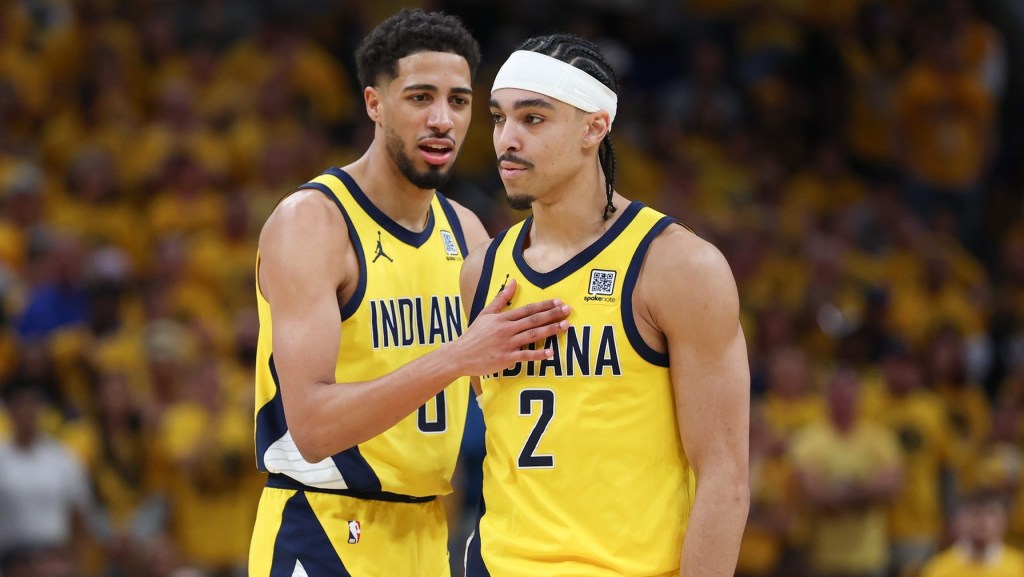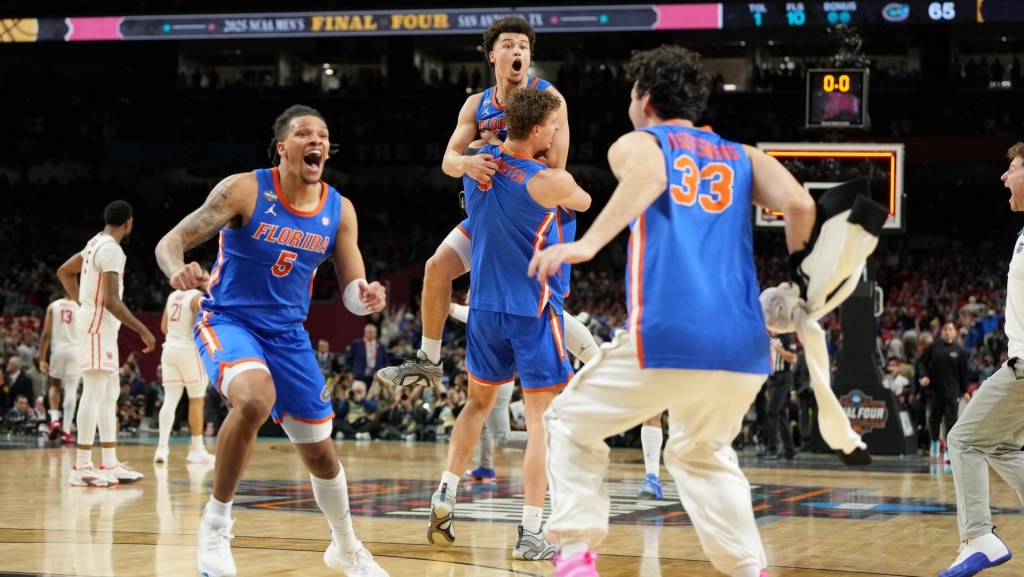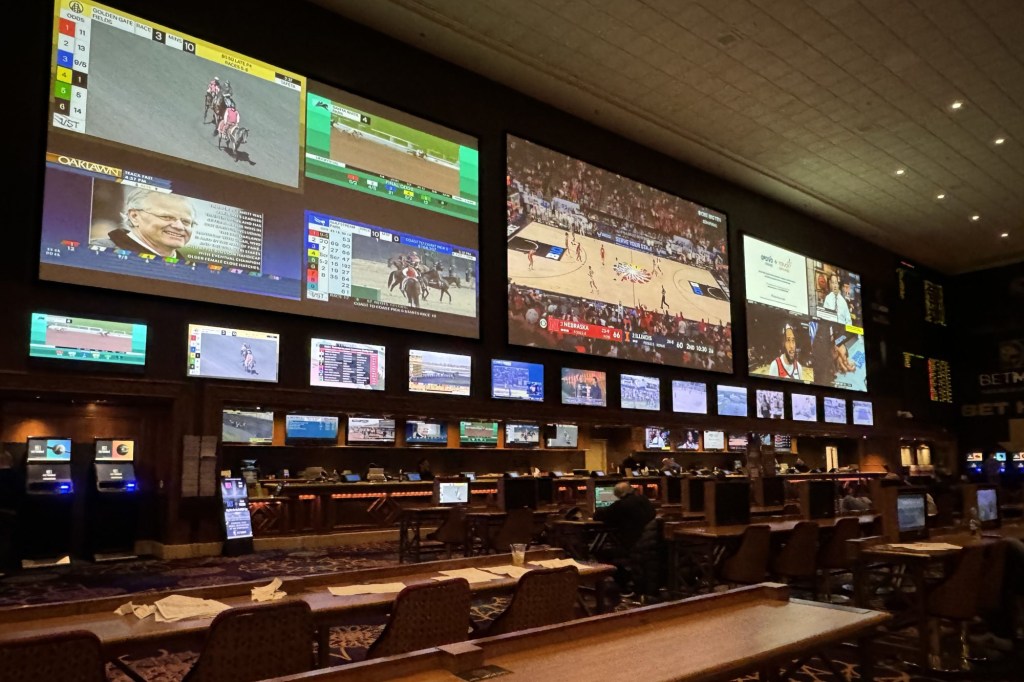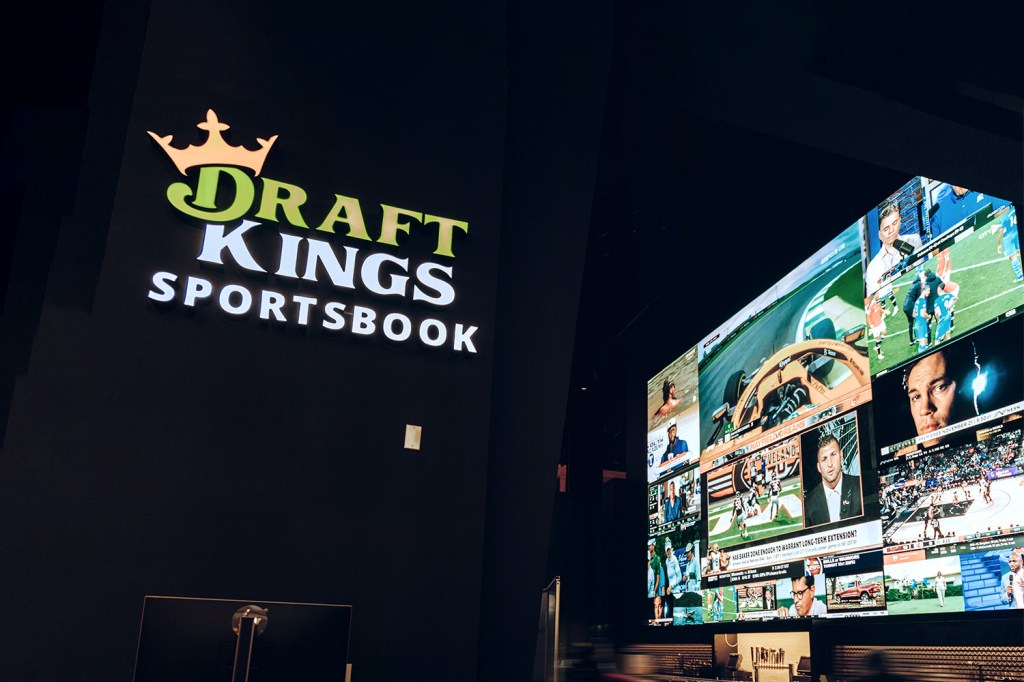As the legalization of sports betting continues to spread across the U.S., operators are jumping at the chance to offer more gambling options to fans.
This includes betting on esports, which are quickly becoming a more significant component of operators’ sportsbook offerings around the world – both with live tournaments and fantasy esports that enable fans to create teams of professional gamers using virtual budgets.
One of the more prominent online sportsbook operators in the U.S., FanDuel, is all in on the esports betting as well.
While its archrival DraftKings launched fantasy esports betting in 2015, FanDuel became the first U.S.-based operator to offer odds on esports tournaments in a handful of states late in 2019 – beginning with the League Of Legends World Championship in November.
“The incredible enthusiasm and fandom in esports are undeniable when you look at viewership numbers,” said Mike Raffensperger, FanDuel’s chief marketing officer. “The perception among some people is that all esports fans are teenagers, but that’s not true. The average age of an esports fan is around 27-years-old.”
FanDuel conducted extensive internal research in the months leading up to the launch of its esports offering. The operator wanted to gauge fans’ appetite for esports betting, what new customers the operator could attract, and the potential crossover audience that would place bets on an esports event in addition to traditional sports.
“As we continue to evolve offerings within esports, we learn more about consumer preferences that will lead to lots of crossover opportunities,” said Raffensperger. “Also, think about how professional sports leagues like the NBA have leaned into esports themselves.”
READ MORE: 2K League Teams Using Esports Centers To Connect With Communities
To be sure, multiple operators – including Latin America-based Bovada and BetOnline – have previously offered live esports betting globally. But Raffensperger notes initial conversations at FanDuel about launching an esports vertical date back to 2018. He also disclosed that dollar amounts wagered on esports offered on FanDuel’s sportsbook so far are just a fraction of what is bet on the NFL or even golf and tennis.
While experts agree there is ample opportunity for operators and professional leagues to monetize esports, there are a few key hurdles that will keep the industry from reaching its full potential in the U.S. in the short term.
For example, unlike bets placed on NHL or MLS games, esports has no sanctioning governing body in the U.S. to uphold the integrity of the game, according to Sara Slane, founder of Slane Advisory and former executive vice president of the American Gaming Association. The offering is still so new to the U.S. market that there is also no industry standard on how to accurately price bets.
FanDuel believes that the expansion of legal sports betting across the country will primarily benefit its esports business, and in some ways, mirror the impact the Supreme Court ruling has already had on its much larger sports betting portfolio.
Slane partly disagrees with that assessment, arguing that making esports available in more states will be put on the back burner as operators focus on higher priority projects.
“Right now, there is so much to do with sports betting in it of itself from an operator and league standpoint that it will suck up most of the oxygen in the room,” she said. “The opportunity is there for esports, and hopefully it will get there. Operators will be busy bringing their platforms to new markets, which will pull resources away from it.”
There are varying estimates on the growth potential of the esports betting market. Such is the case with the entire esports industry. But in a recent study, gaming research firm Eilers & Krejcik Gaming estimated that the esports gambling market would reach $13 billion by 2020. That’s compared to a sports betting industry projected to eclipse $155 billion in 2024, according to Zion Market Research.
READ MORE: Wingstop Taps Twitch To Grow Its Customer Base Through Esports
What’s for sure is that esports betting, much like fan viewership, is more popular overseas. New research from market analytics firm Ampere Analysis finds that China far and away represents the biggest audience for esports with 25% of all online users have watched at least one esports tournament in the last month, RapidTVNews reports. The U.S. stands sixth behind a group of European countries, including the United Kingdom.
Midnite, a U.K.-based esports betting startup launched in 2019, is looking to capitalize on esports popularity in the country by offering gaming fans a standalone esports betting service. The company was founded by Nick Wright and Daniel Qu, who previously led day-to-day operations at daily fantasy sports app Dribble, working directly with Sky Bet.
The duo’s new venture will roll out to all U.K. customers by the end of March and is currently available on desktop and through its iOS app via invite-only, according to the company.
Midnite recently earned $2.5 million in seed funding at the end of 2019, which brought its total for the year to $4.5 million. Those funds will be used to improve its in-house technology, hire new staff, and spread the word about the new platform through targeted ad campaigns.
“Esports betting is relatively new to mainstream operators and, maybe rightfully so, not a priority,” said Varun Mathure, Midnite’s head of growth. “Existing products are not catered to the esports customer, which leads to esports products being just another tab in the sportsbook.”
Some of Midnite’s more popular titles for fans to bet on so far are Counter-Strike: Global Offensive and League of Legends. The new Call of Duty league should also help the game grow among esports bettors, as an organized 12-team league will draw more bets over a calendar year compared to a handful of international tournaments. Popular bets on Midnite include match and map winner pools, as well as wagers on the overall margin of victory, Mathure said.
At launch, Midnite admittedly faces a lot of competition. But it will focus its efforts on growing across the U.K. and Scandinavia in its early days, with the U.S. market in the far distance.
“Our competition is two-fold. One is dedicated esports betting platforms like Unikrn and GG.Bet. These guys offer similar products to us, but we have a U.K. license,” said Mathure. “At the same time, we are aware of our other strands of competitors like Bet365, Pinnacle, and Betway that offer esports betting.”
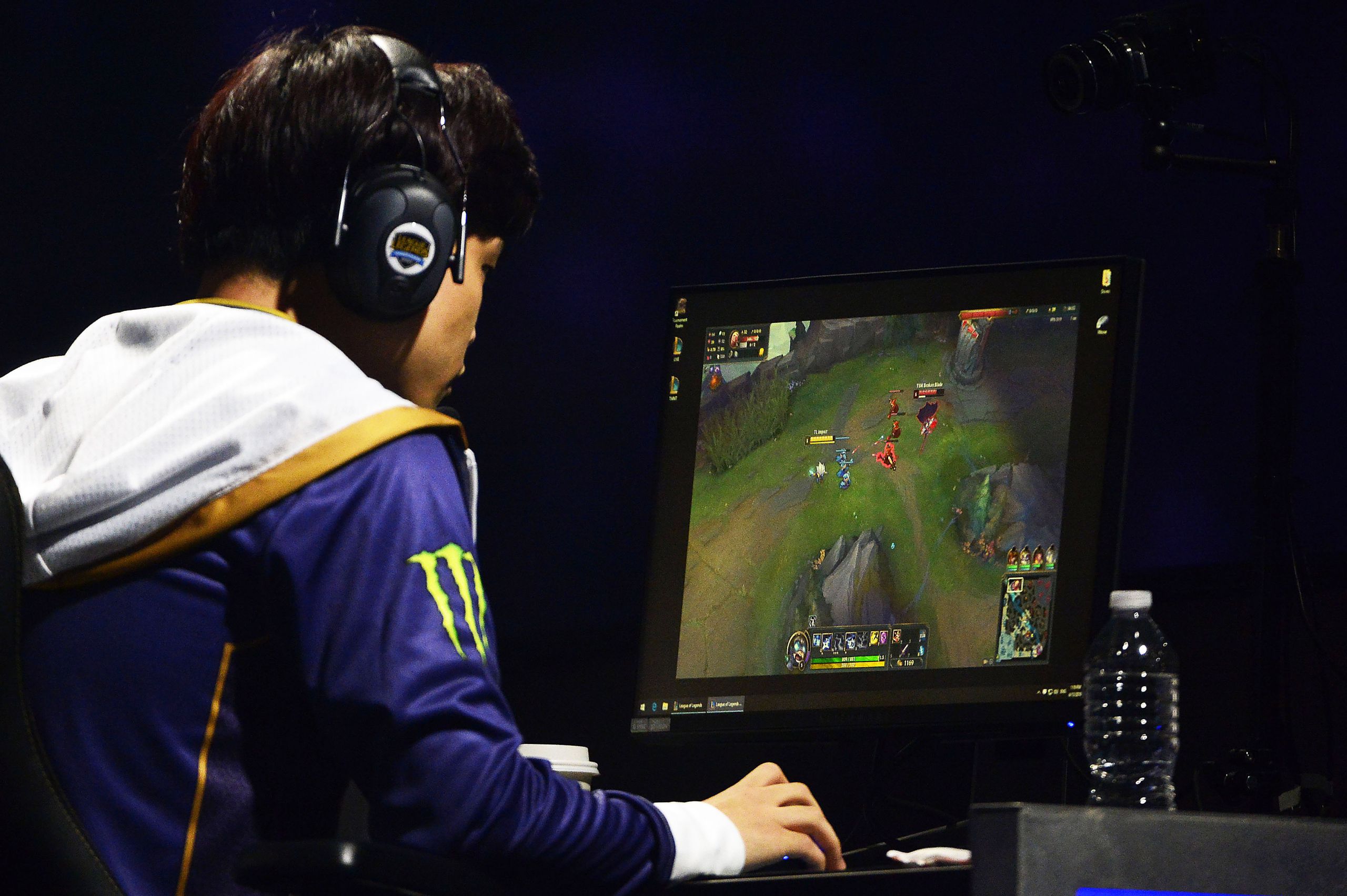

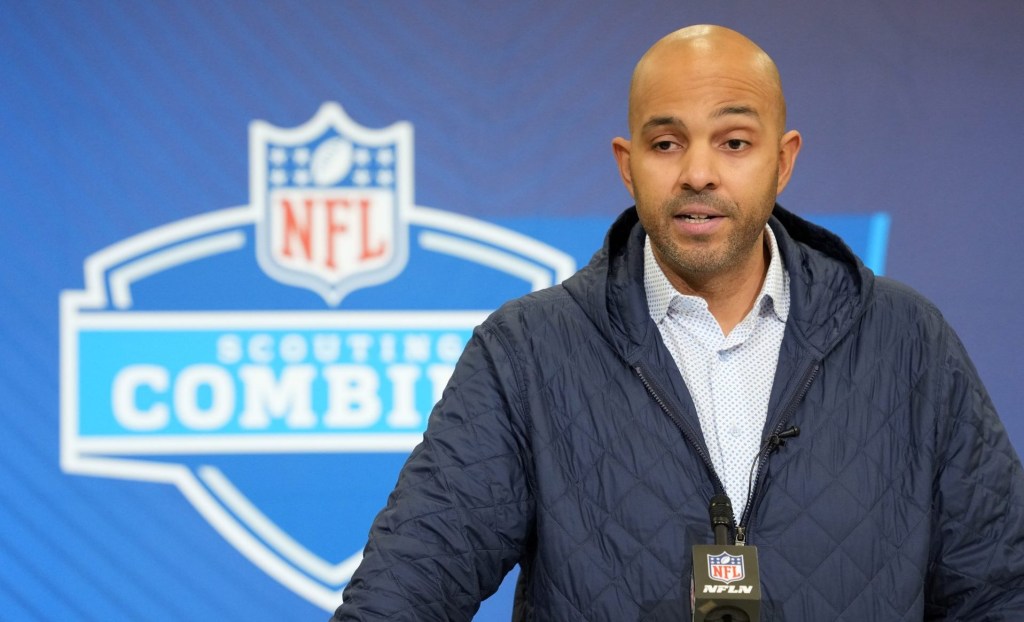
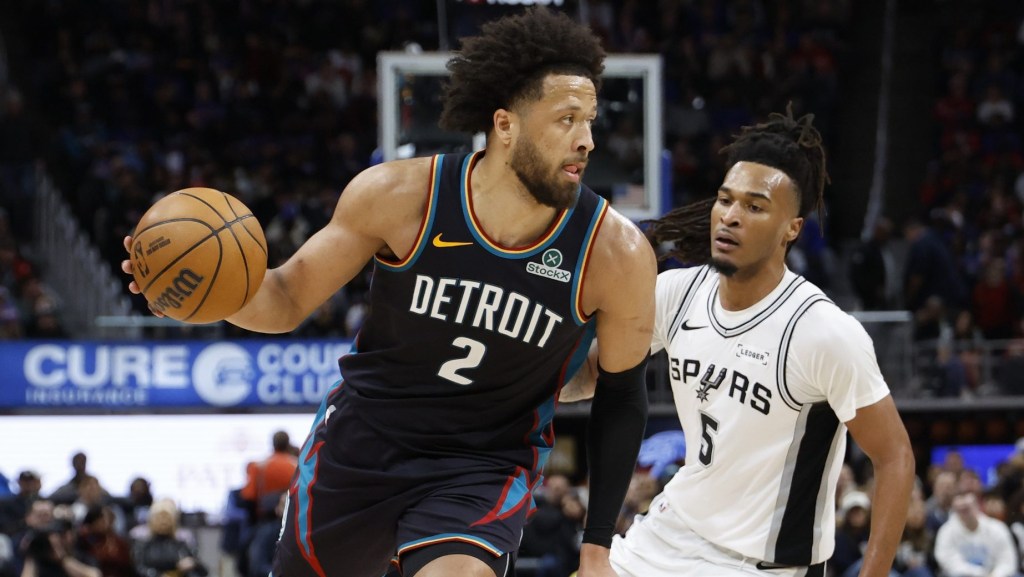
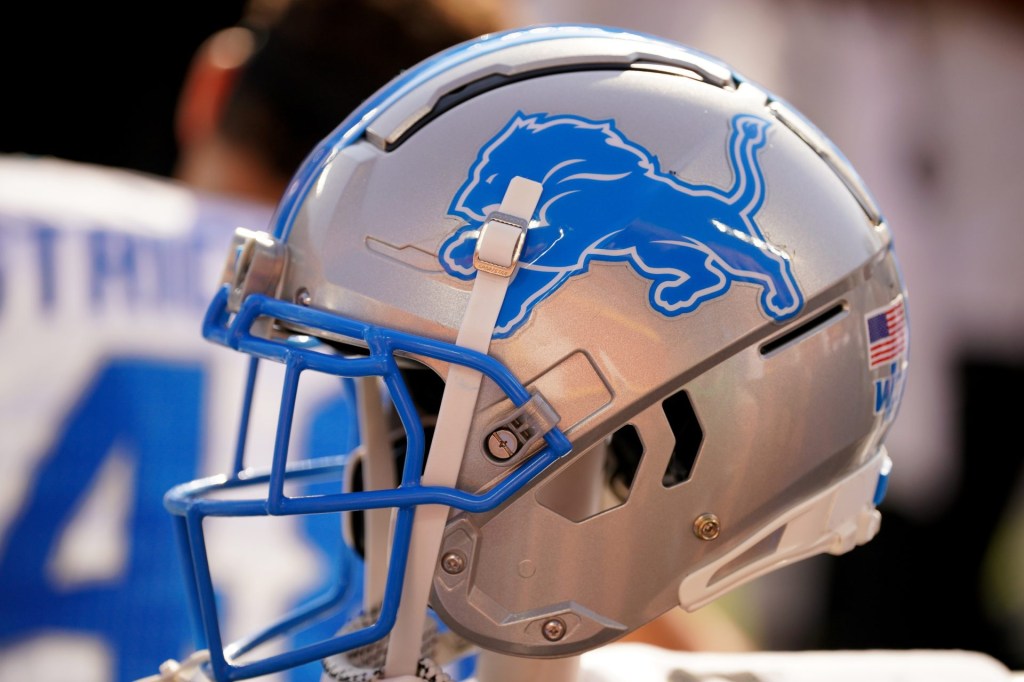
![[Subscription Customers Only] Jul 13, 2025; East Rutherford, New Jersey, USA; Chelsea FC midfielder Cole Palmer (10) celebrates winning the final of the 2025 FIFA Club World Cup at MetLife Stadium](https://frontofficesports.com/wp-content/uploads/2026/02/USATSI_26636703-scaled-e1770932227605.jpg?quality=100&w=1024)



